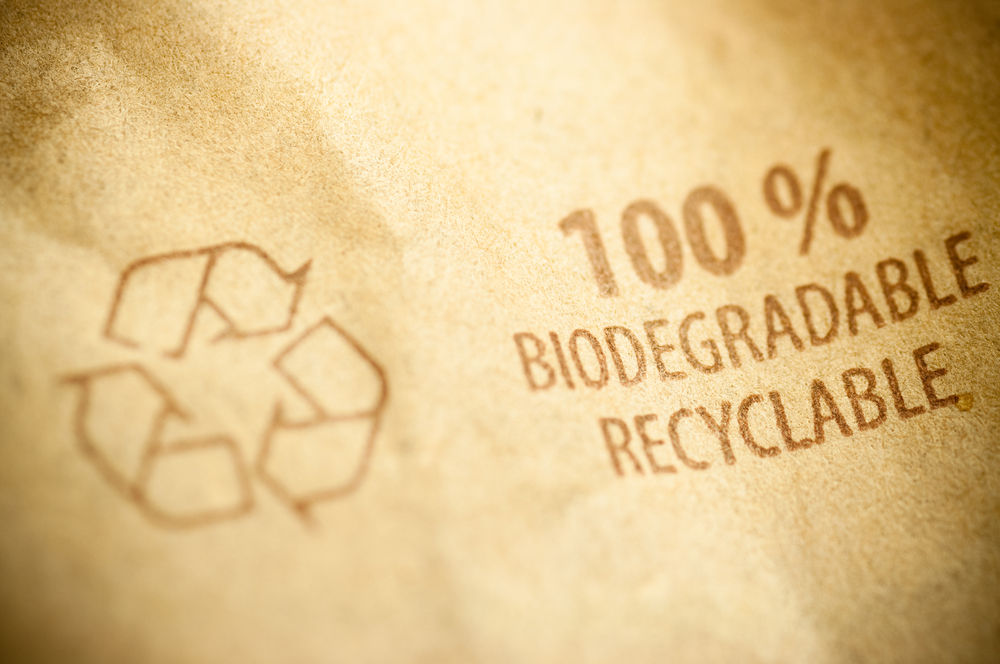A new research project, Be-UP, is currently underway to develop new renewable polymers for the production and use of biodegradable packaging across Europe.
The Be-UP project, which received €8.5 million in funding from the Horizon Europe program, aims to develop pioneering methods for the synthesis and industrial processing (extrusion, injection molding, thermoforming) of biodegradable packaging obtained from bio-based materials.
Be-UP, coordinated by ITENE (Spain), brings together a consortium of 17 private and public institutions from nine countries, with UniTS participating as the only Italian university.
The companies involved include Novamont, Particula, Hybrid Catalysis, Isotech, Aptar Group, Imerys, Innotech (Grupo Lantero) and the institutes Polinivo, Normec, Cebimat, FTPO and IDENER. The European Bioplastics and Polymeris Competitiveness Cluster, with support from the Spanish Institute for Standardization (UNE), will ensure the expansion of Be-UP’s achievements.
Digital modeling for testing biodegradable polymers
Be-UP leverages biocatalysts and sustainable additives while integrating advanced multi-object digital modeling tools to simultaneously achieve high technical performance, sustainability, and biodegradability of polymers.
The Department of Chemical and Pharmaceutical Sciences of the University of Trieste is participating in this project with an interdisciplinary team integrating biocatalysis, computational chemistry and spectroscopy.
This research has been carried out thanks to a four-year grant of approximately 330,000 euros, which made it possible to start a research contract and a doctoral scholarship.
A new perspective on bio-based materials
Recently, the UniTS team designed and enzymatically synthesized new bio-based polyesters.
Thanks to a collaboration with Professor Monia Renzi’s ecology group at the UniTS Faculty of Life Sciences, the way has also been paved for rapid tests to assess the ecotoxicity and marine biodegradability of polyester.
These studies open new perspectives for the rational design of environmentally sustainable polymers and demonstrate the importance of multidisciplinary collaboration in solving the complex environmental challenges facing science.
This result led to participation in the Be-UP project, obtained through two Marie Skłodowska-Curie grants (RenEcoPol and InterFACES) and PNRR – NextGenerationEU (ICSC – National Research Center for High Performance Computing, Big Data and Quantum Computing, Spoke 7).
Testing biodegradability in real-world scenarios
At the end of Be-UP, a high technology readiness level (TRL7) packaging prototype will be built to validate the developed materials.
Their biodegradability will be evaluated in various end-of-life scenarios, including both open natural environments and controlled conditions, and the UniTS team will develop a computational model that can correlate the polymer’s structure and marine biodegradability.
This evidence-based approach will help improve Europe’s regulatory knowledge base, support industrial competitiveness and accelerate the transition to a truly circular bioeconomy.
It will also directly contribute to several European action plans and strategies, such as the Plastics Strategy, Single-Use Plastics Directive, Circular Economy Action Plan, and Packaging and Waste Regulation.
Source link

